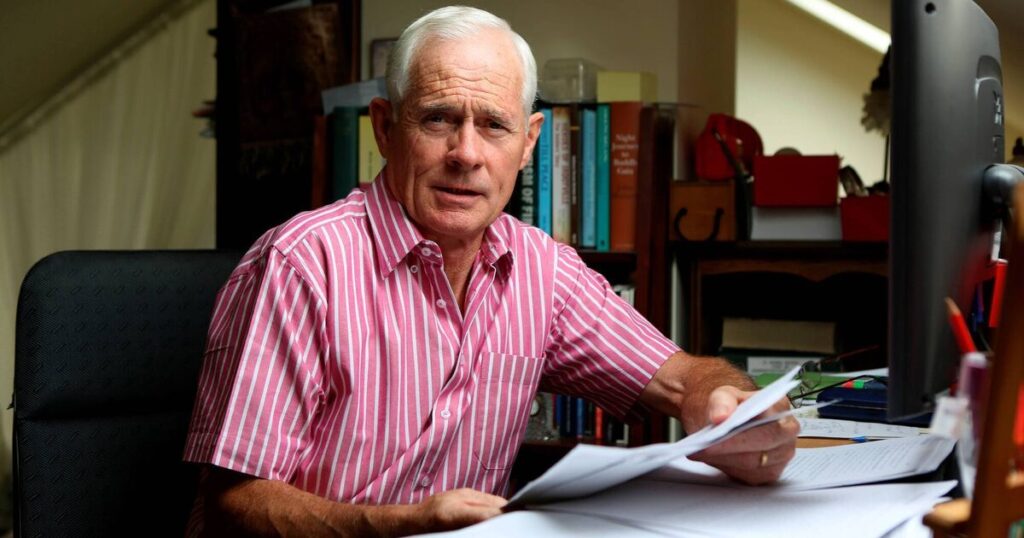A senior retired army officer has stated that the requirement for UN Security Council authorization for any Irish international peacekeeping deployment means Ireland can be “effectively held hostage” by any of its five permanent members.
Former Colonel Colm Doyle, who also served at UN HQ, told the Oireachtas Defence Committee that claims that removing the UN authorization obligation would threaten Ireland’s military neutrality were “greatly misjudged”.
The committee is continuing hearings on the Defence Bill 2025, which proposes to remove the requirement for UN approval to send Defence Forces abroad.
The “Triple Lock” refers to the three approvals required before troops (beyond 12 personnel) can be deployed overseas: Government, Dáil (Irish Parliament), and UN.
The bill authorizes Irish troops to participate in an “International Force” for peacekeeping, conflict prevention, and international security purposes, “consistent with the principles of the United Nations Charter”.
It also proposes increasing the number of personnel that can be deployed overseas without Government needing Dáil approval, from 12 to 50.
Col Doyle addressed the committee, saying he was “very surprised” by the politically charged debate surrounding the triple lock, and its potential retention or amendment.
He acknowledged the UN veto system reflects the “realities” of global power but also creates “deadlock” when the permanent five members’ interests conflict.
“This illustrates one of the main flaws of the UN Security Council – that Ireland’s involvement in international peacekeeping can effectively be held hostage by any one of the permanent five members’ use of, or threat of the use of a veto,” he explained.
“Surely we have the confidence, maturity, and political experience to make our own decisions for Ireland’s overseas policy to evolve in response.”
Former Army Ranger Cathal Berry argued that the original purpose of the Triple Lock was “to give Dublin a veto” over Security Council orders for overseas deployment, not to give “New York a veto over Dublin”.
He noted that “no other country, whether neutral or otherwise,” requires UN authorization. However, many parliaments consider it. He suggested the Oireachtas Defence Committee and the Attorney General could have a role in examining any proposed deployment.
Major General Kieran Brennan (retired) highlighted the dilemma facing committee members: “Do we stand on principle and say no to overseas deployments unless there is an UN Security Resolution because of its supposed impacts on our neutral status or should the saving and enhancements of people’s lives trump all else?”
“With a dysfunctional UN Security Council are we destined to remain on the sidelines expecting others to intervene on our behalf? Accordingly, I support the proposals,” he concluded.


